Chalmers team identifies two main challenges for bio-hydrocarbon fuel production from cheap sources
Green Car Congress
SEPTEMBER 11, 2018
Researchers at Chalmers University of Technology, Sweden, have identified two main challenges for renewable biofuel production from cheap sources: lowering the cost of developing microbial cell factories; and establishing more efficient methods for hydrolysis of biomass to sugars for fermentation.





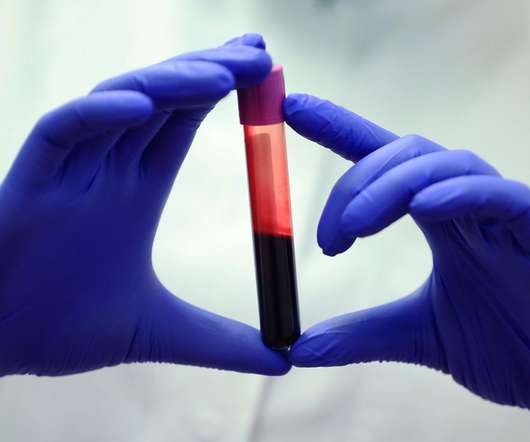



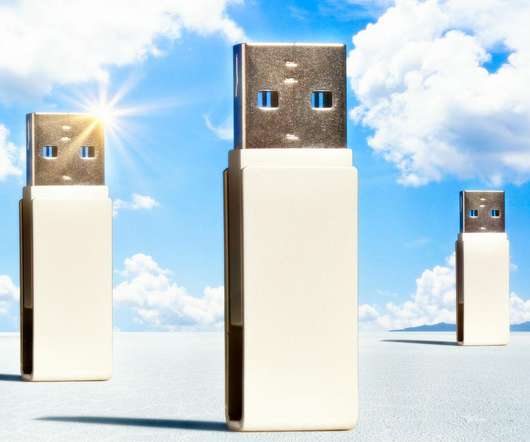





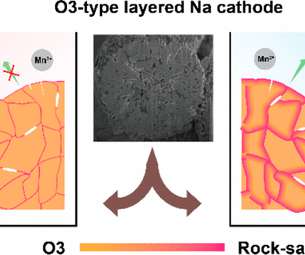




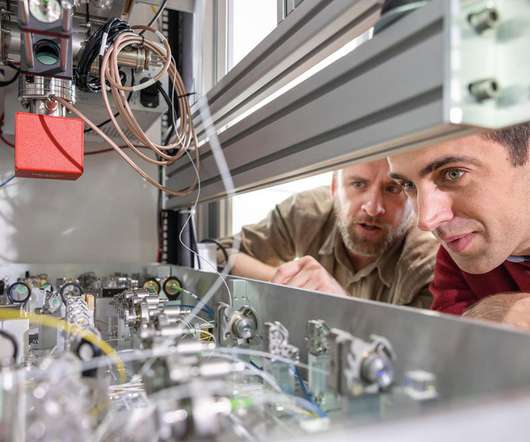
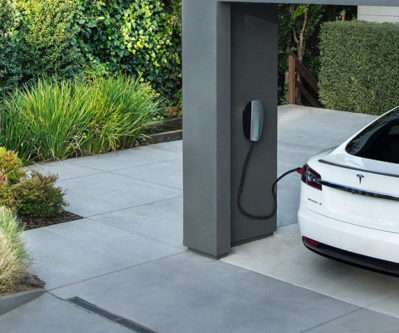

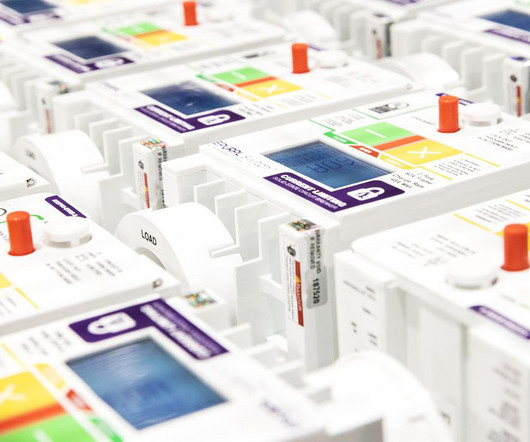
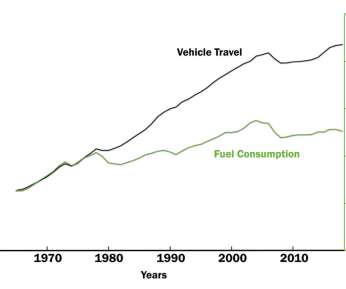

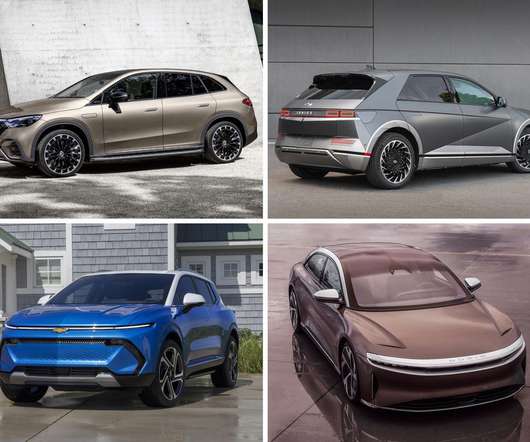










Let's personalize your content